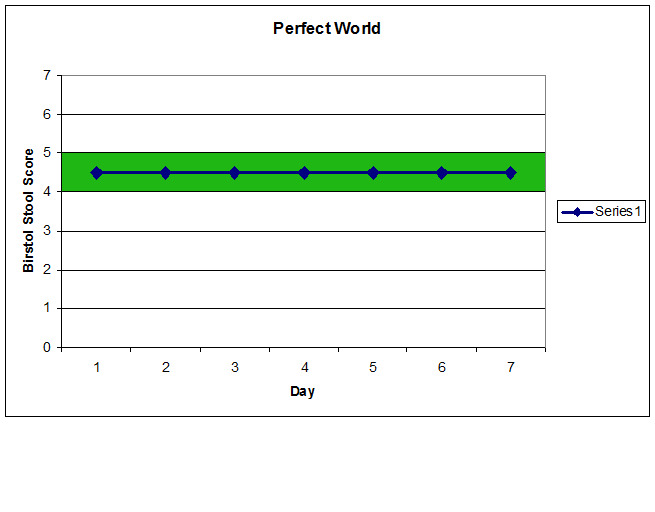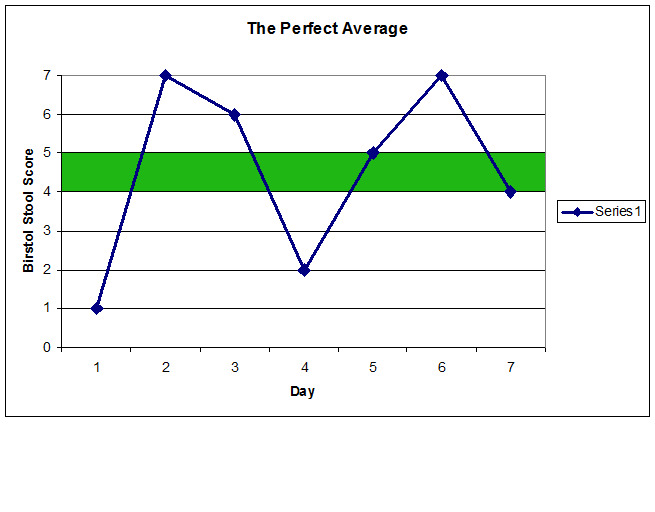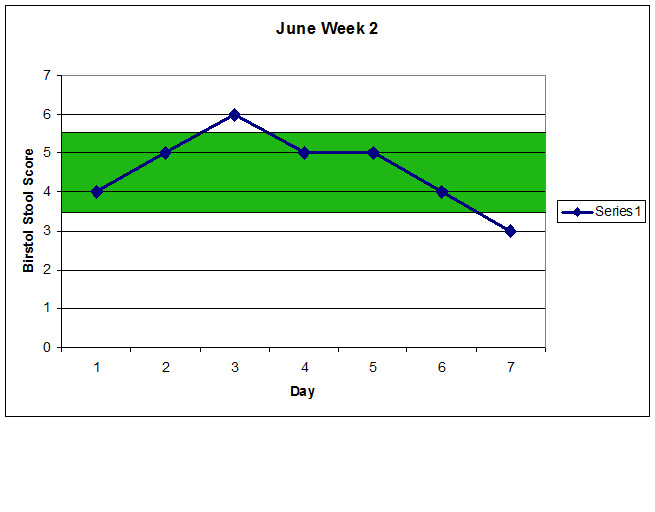SCD Diet OCD: Are You Chasing the Elusive “Perfect Poop”?

Jordan and I talk a lot about making sure you have a defined, reachable vision of what you want your health future to look like. We also talk often about the importance of journaling and tracking what we are experiencing on a daily and weekly basis.
Recently, we were talking about the Bristol Stool Chart and we were discussing our recent poops (everyone’s favorite topic). The topic came up that, with the Bristol Stool chart, there really isn’t one defined end point. And depending on which expert or doctor you talk with, you get a range or different answers about what the “perfect poop” is.
Back when we were both really sick, anything but diarrhea and horrible gas was feeling amazing. Then, we started feeling better and went through a period of obsessing over a perfect poop in order to make sure we weren’t messing the diet up. But over time, we have started to wonder if we weren’t chasing something that doesn’t exist.
So, how do people like you and me know when our digestion is at its best? Does everyone have the same end point? These are all questions that I think needed to be thoroughly pondered. If we just use a scale like the Bristol Stool chart to gauge our poops, then that automatically assumes that there is a definable perfect point that we are trying to achieve on that scale.
Many people will tell you that the range of perfect poops is in the 4 to 5 range on the Bristol Stool Chart. But when we’re taught over and over again that we need to have a very specific defined goal, what is the exact perfect poop… a 4.5?

According to our discussions so far, the above graph would be everyone’s end point or goal. To strive to get a 4.5 poop every day of the week… come on, really? Everyone’s the same? Is that even possible in the real world? And therein lies the problem with setting specific end point goals while using a scale.
Well then, let’s develop our own. What if we use math to help get a better measurement of the perfect poop? How about if we account for the real world and add up all our poops as scored on the chart and then divide by the number of days. If that number is 4.5, then we’ve reached the end of our health journey!

Wait, no….that’s not right either.
So, what are we going to do? We need a definable end point that tells us when we are “healed,” a way to measure that we are fixed… or so says the goal-setting process.
I think the answer lies in accepting that we live in a less than perfect world where our bodies will always be adapting and changing. Because of this, I think it is best to decide on qualifying rules that should be applied in conjunction with using the Bristol Stool chart. There are things out of our control that can change how our bodies are operating, like stress, environmental influences, and even lack of sleep.
For myself, I’ve adopted a range of the scale, with a qualifier that: if my poop comes out without any hard effort that it has the potential to be a perfect poop. Once that easily expelled feces is in the toilet and I see it and it matches the range of 3.5 to 5.5 then in my mind it’s a perfect poop.

Think about your body and decide what conditions define your “perfect poop.” Everyone is different, if you have been having severe diarrhea your criteria might just be that: if it doesn’t have any urgency and you can just go whenever you feel like it, it’s perfect. Write down what your overarching personal criteria is for a “perfect poop” and stick to it. The Bristol Stool chart is a very useful tool but make sure you make your own. Your body is going to vary day-to-day and obsessing about a 4.5 or 6 here and there is only going to make you crazy. Keep it simple and decide what really matters to you the most.
The bottom line is this: don’t obsess over the minutia! If you are feeling good and the poops are meeting your overall criteria, then enjoy it… that means you’re getting better. If you’re not meeting your criteria, then you might want to start looking at changing something because what you’re doing is not working. As human beings, we have to learn to accept variation in life and in our bodies. After years of being sick and finally starting to take control of my health, I know that the endless pursuit of the “perfect poop” can be a hard thing to let go of and learn to live with life’s variation.
-Steve
Did You Like this Article?
Subscribe to our newsletter to receive email notifications, some ways to find relief, and next steps.
